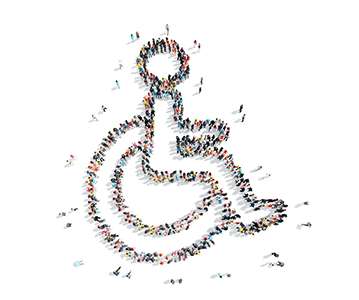Change is a Mindset
A Principal's Reflections
JUNE 8, 2014
Students now have access to over 250 unique courses that cater to their interests. The Professional Growth Period (PGP) implemented in 2013. Makerspace added to the library in 2013. Creation of a digital badge platform to acknowledge the informal learning of teachers implemented in 2013 by Laura Fleming.
















Let's personalize your content